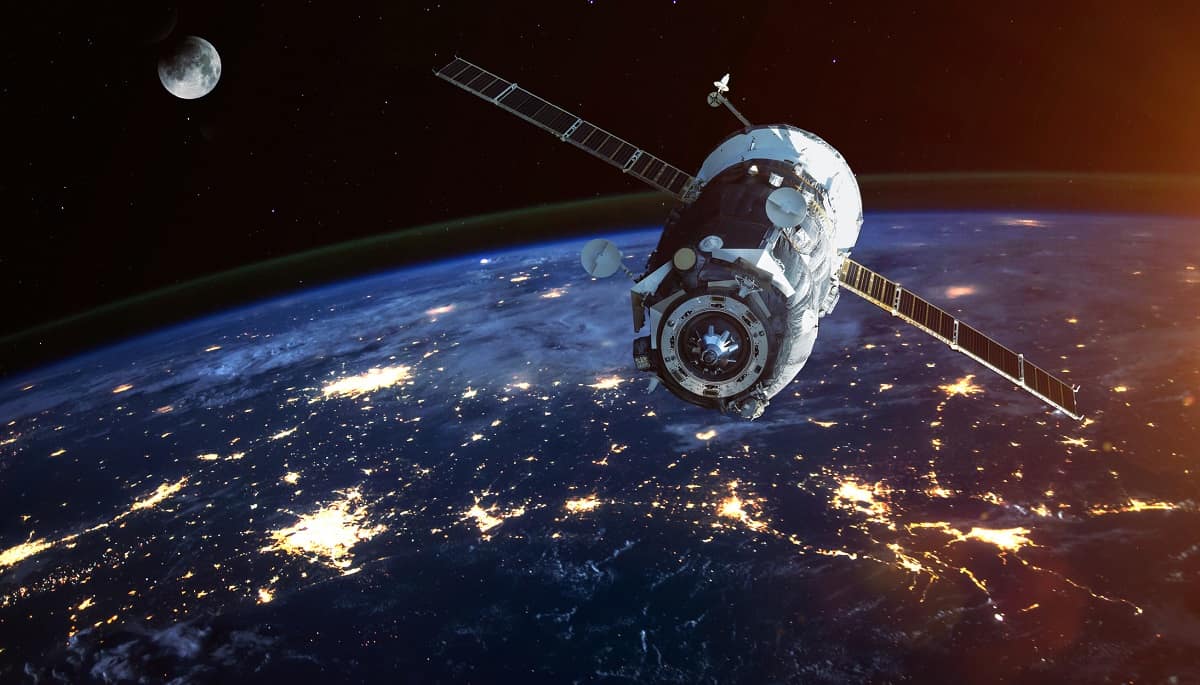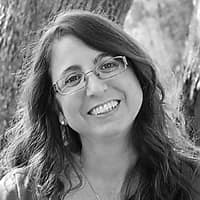International Space Experts to Attend Embry-Riddle’s 4th Annual Space Traffic Management Conference

The Spaceflight Operations Program and Applied Aviation Sciences Department of Embry-Riddle Aeronautical University’s College of Aviation will host the five-day conference Jan. 15 through 19 at Embry-Riddle’s Daytona Beach Campus. The theme this year is “Seeking Sustainable Solutions.”
“The conference was created to provide a forum for discourse to academia and leaders of government and industry, from multiple disciplines and different aspects of the air/space traffic management set of issues. Because it is an annual event, each year builds upon the ones before,” said Dr. Diane Howard, conference chair and an Embry-Riddle assistant professor of Spaceflight Operations.
Panelists include top aviation and aerospace executives; Federal Aviation Administration managers; the U.S. Department of State director of the Office of Space and Advanced Technology; a retired NASA astronaut representing the Association of Space Explorers; a manager from the German Aerospace Center; professors from Embry-Riddle and other universities reporting on various research; and more.
Conference participants will have a chance to participate in roundtable discussions and international panels. Topics include commercial space transportation and impacts on the National Airspace System; security issues; challenges and benefits of increasing small satellite constellations capacity; integrating satellite-based ADS-B; communication standards for space traffic; government research needs; future models of space traffic management; and international initiatives.
Scheduled moderators include:
- Dr. T.S. Kelso, technical program manager for AGI/Space Data Association
- Jillianne Pierce, Esq., Federal Government Relations Manager for Space Florida
- Maria Lucas-Rhimbassen, a Ph.D. candidate in Space Law at the University of Toulouse
- Victoria Samson, Washington Office director for Secure World Foundation, which promotes cooperative solutions for space sustainability
- Dr. Dirk-Roger Schmitt, business manager with the German Aerospace Center
- Dr. Mark Skinner, senior project leader for Space Traffic Management at The Aerospace Corporation and longtime manager and scientist for The Boeing Company
- Eric Stallmer, president of the Commercial Spaceflight Federation, which promotes the development of commercial human spaceflight
A governance panel of professors from various universities including University of Toulouse, Georgetown University Law Center and University of Mississippi School of Law will address various topics and presentations ranging from the Uniform International Space Traffic Standards and the Implications of Space Debris Becoming a Space Resource, to the legal and regulatory status of high-altitude balloons.
The conference will also include unique tabletop space flight simulations and demonstrations as well as tours of various labs on the Embry-Riddle campus and the NextGen Test Bed, a Federal Aviation Administration initiative to modernize the nation’s air traffic control systems to make air travel safer, more efficient, and more economical, that is operated by Embry-Riddle.
For more details on the conference agenda or to register, go to http://commons.erau.edu/stm/
ABOUT EMBRY-RIDDLE’S SPACEFLIGHT OPERATIONS DEGREE
The Bachelor of Science in Spaceflight Operations, the only degree program of its kind in the world, opens a doorway into one of the newest and most innovative non-engineering fields in the aerospace industry. This unique program focuses on policy, operations, safety, training, human factors and planning elements of commercial and private space operations. The interdisciplinary nature of this program prepares students to integrate the many different factors involved in space operations while also allowing them to specialize in either Space Policy & Operations or Operations Science & Technology.

 Deborah Circelli
Deborah Circelli